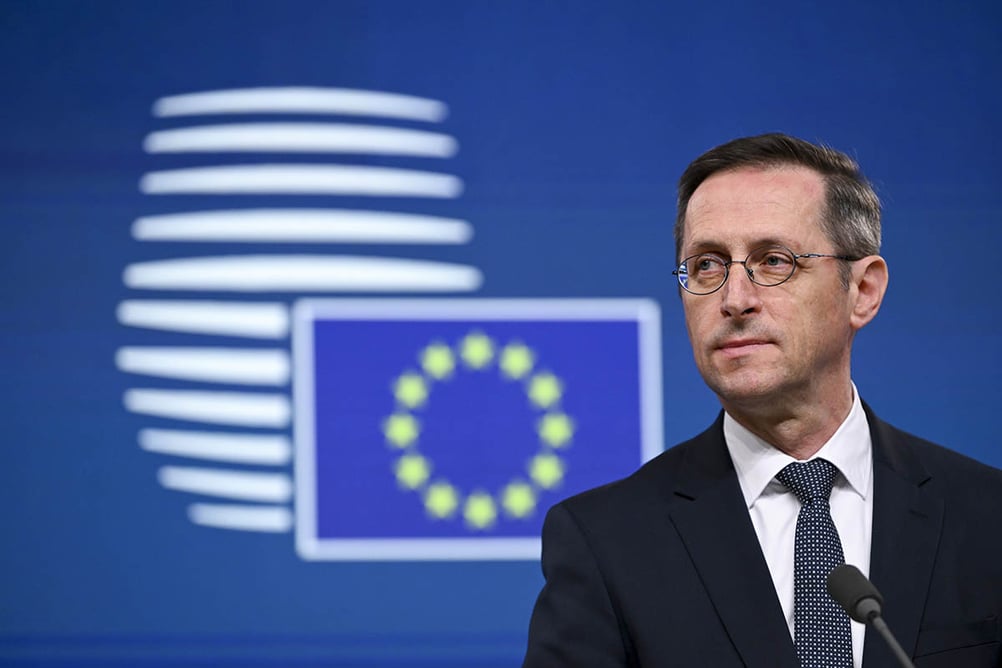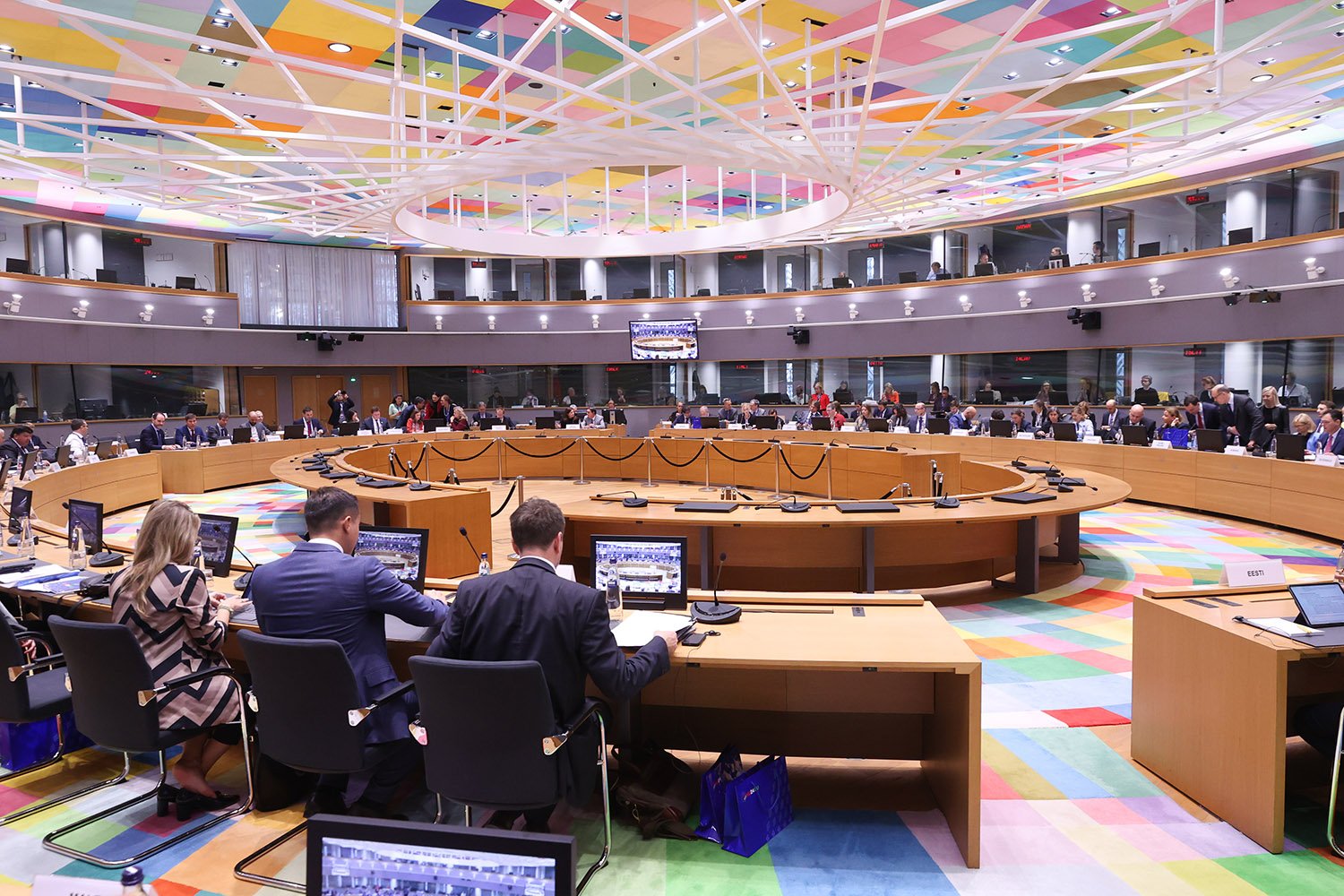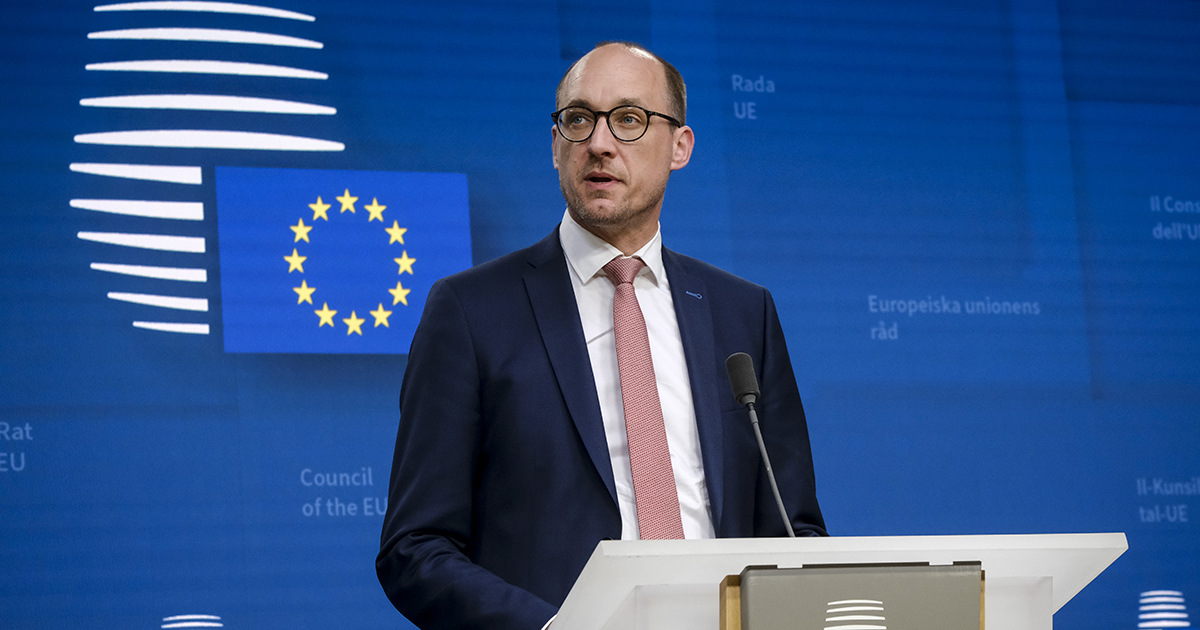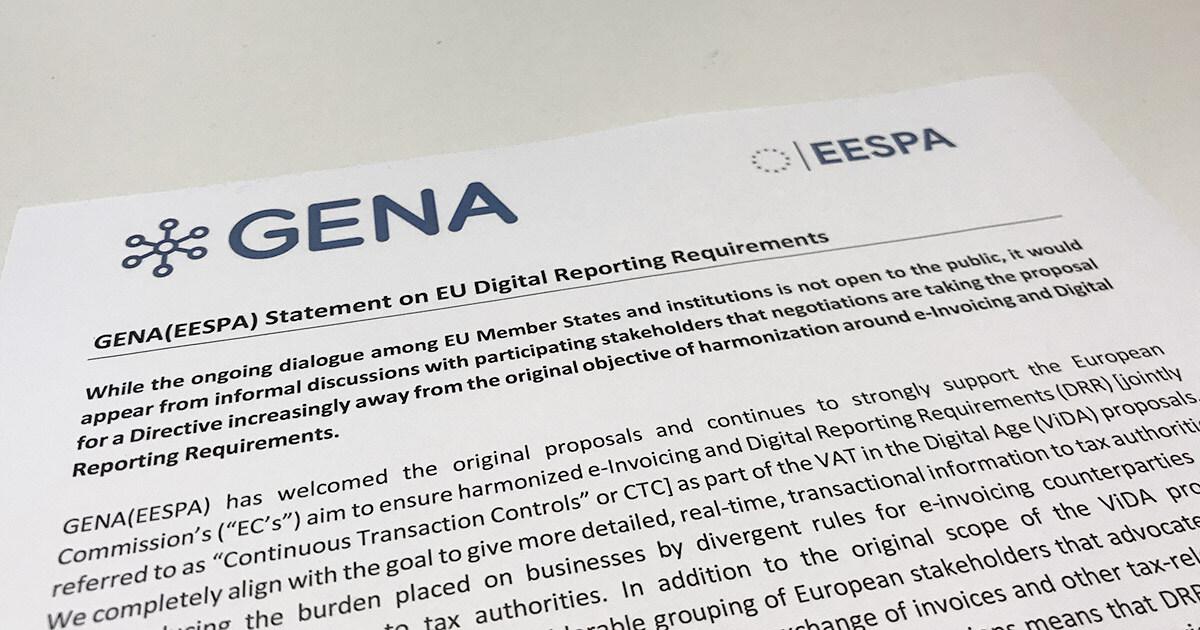Agreement finally reached on ViDA proposal

The directive includes a framework for national standards for e-invoices and interoperability between national and EU systems. With a decision now taken, implementation should start in 2030 and be in place by 2035.After several delays, with a number of stalled negotiations, agreement has finally been reached on the European Commission's proposal for an updated VAT directive - VAT In The Digital Age (ViDA).
When EU finance ministers gathered in Brussels on Tuesday for their regular ECOFIN meeting, Estonia chose to lift its blocking veto on the regulatory content of the platform economy.
Thus, the ViDA proposal will now go to the European Parliament for approval, which is considered a formality.
Estonia's resistance gone
The package, which was presented in December 2022, has been subject to repeated rewrites and delays. Although there was consensus on the changes in general, several ECOFIN meetings have passed without unanimous approval from the Council of Ministers. Estonia has been concerned that proposed VAT rules for digital platforms - regarding travel and accommodation - could distort the competitive situation. The view has been that the rules could negatively affect small businesses and make things more complicated for them.
In the face of this opposition, a compromise has been worked out whereby the changes to the platform economy will be postponed until January 2030, but the new rules will be allowed to be applied from July 2028. This is something that Spain, among others, has given a hint about.
Digital milestone
After two years of negotiations, an agreement has been reached. Tuesday's approval can be seen as a milestone. As Hungary is currently holding the presidency, it was their finance minister Mihály Varga who had the honor of announcing the long-awaited breakthrough.
- This is a cornerstone of the digital transition and an important step to improve the EU's competitiveness. The new rules will update our VAT systems to reflect the digitalization of our economies, help fight VAT fraud and ease administrative obligations for small businesses and individual service providers," declared Mihály Varga.
Key changes
The ViDA package is divided into three parts that require changes to EU law: a directive, a regulation and an implementing regulation. These are the main changes:
Digital VAT reporting: From 2030, VAT reporting for cross-border transactions will be fully digital. By using e-invoices, businesses will automatically report data to tax authorities, improving the ability to detect fraud.
VAT for the platform economy: Platforms such as AirBnB and Uber will now have to collect VAT for service providers that do not pay VAT themselves, mainly for short-term accommodation and transport services.
One-Stop-Shop: The system is being expanded to allow businesses to pay VAT for sales to consumers within other member states via a single portal, simplifying the registration process.
The ViDA proposal now goes back to the EU Parliament, which must approve the compromises because there are significant differences between the EU Commission's original proposal and the text that ECOFIN has now agreed on. But that treatment is judged to be a formality given the extended timetable. The reform then goes to the EU Council for final approval.
Caption: Mihály Varga, Minister of Finance, Hungary.
Copyright: European Union
Sources: consilium.europa.eu and vatcalc.com


